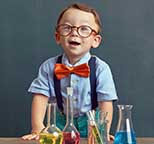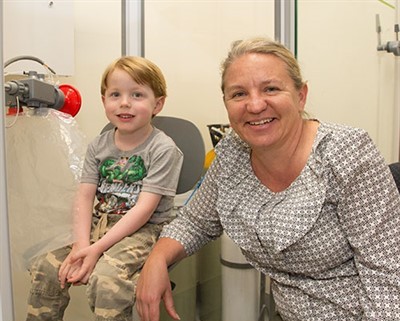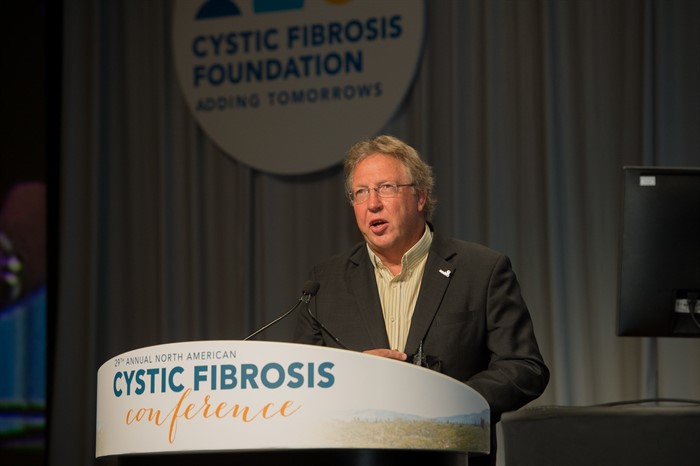Search
Hormone levels in the womb may determine how masculine or feminine your facial features are as an adult, The Kids Research Institute Australia researchers have found.

Friends and supporters of The Kids Research Institute Australia are invited to join us to celebrate 25 years of making a difference to kids' health at our Open Day.

Thank you to everyone who visited The Kids Research Institute Australia's Open Day on October 8. We welcomed more than 700 guests to the Institute to discover our research.

The Kids Research Institute Australia researchers are developing a mobile phone app that will give you tailored advice for your skin type.

Professor Carol Bower has received the prestigious ICBDSR Distinguished Service Award for her work on birth defects - a career that spans 35 years.

That's why Melissa has signed up her four year old healthy son Odin for a study at Perth's The Kids Research Institute Australia that will help kids with cystic fibrosis.

The Kids Researchers Professor Susan Prescott and Professor Donna Cross have been appointed Fellows of the prestigious Australian Academy of Health and Med

Professor Stephen Stick has been awarded the prestigious Richard C. Talamo Distinguished Clinical Achievement Award from the US Cystic Fibrosis Foundation.
Telethon Kids Institute researchers have been awarded an Australian Research Council grant to explore how testosterone levels in the womb can impact on a child'

One of the 50 most influential scientists in the world today, Professor Leroy Hood, delivered The Kids Research Institute Australia Community Lecture on Tue December 1st.
